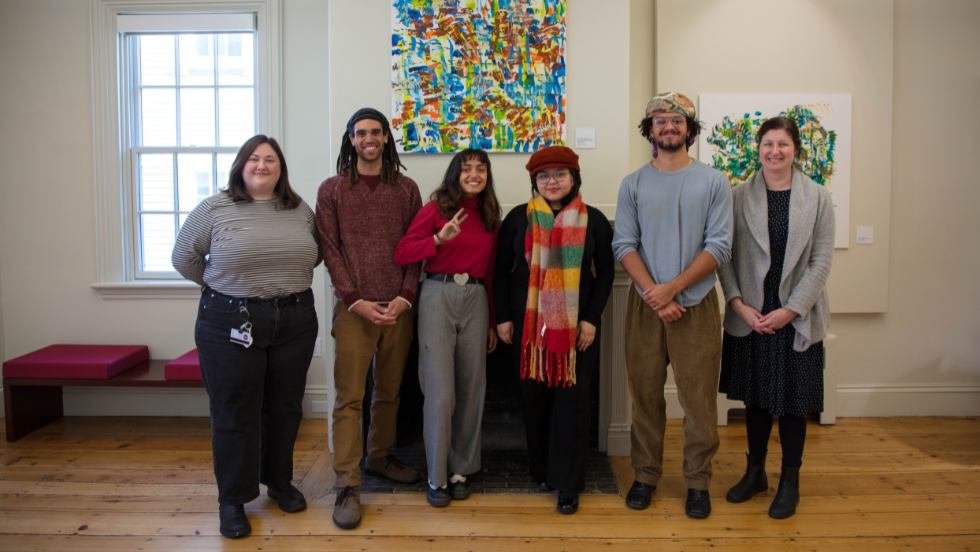In Summer 2023, graduate and undergraduate researchers reviewed Unfinished Conversations footage from interviews from communities in Freedom Villages of Senegal (the area between Saint-Louis and the Senegal River Valley); in Liverpool, UK, a port city that is home to the oldest Black community in Europe; in Africatown, USA a community founded by descendants of enslaved people who had been stolen from their home in Africa and brought to the U.S. aboard the slave ship Clotilda in 1860, decades after the 1807 Act prohibiting the importation of enslaved people; in Rio de Janeiro, Brazil with community historians, scholars, activists musicians, samba dancers, Afro-Brazilian and community religious leaders; in South Africa with scholars and activists at the Iziko Slave Lodge as well as with farm workers at the Groot Constantia Wine Estates who spoke frankly about their living and working conditions on various wine farms; and Afropean communities in Brussels, Belgium. During Summer 2023 the research team spent hours reviewing, editing, translating, summarizing, and cataloging these interviews both for the archive as well as to support the development of media pieces that will appear in the forthcoming traveling exhibition, “In Slavery's Wake.”
The Unfinished Conversations project is funded through the generous support of the Abrams Foundation.

Credit: Janelle Aponte